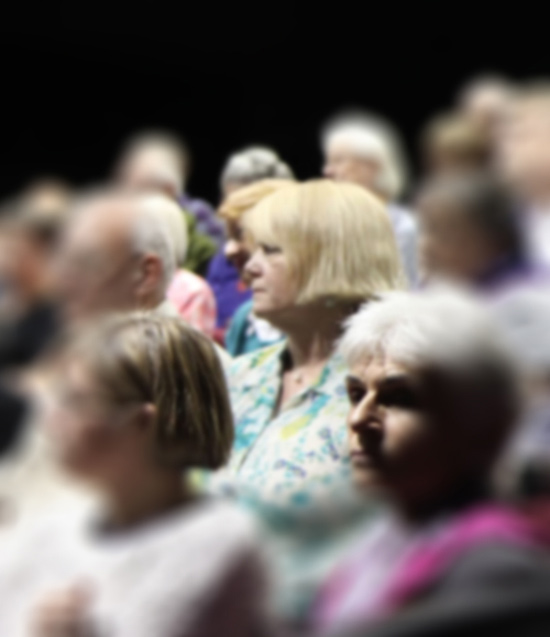
Quick links: Main Programme, Newer Beekeepers Programme, Bee Craft Programme, Download Schedule, Workshop Booking, FAQs.
All last years main lectures can be viewed on YouTube from Lecture Videos.
There is no booking for lectures, seats are available on a first come first served bases.
Please be aware that National Honey Show Members and those with a daily admission ticket can attend lectures and book into Workshops.
The lecture programme may change for a variety of reasons. Substitutions may have a different topic from that intended and with a different speaker.
Gold Cup Suite
Thursday 24 October
9.30 Martin Giurfa: “From learning, memory and neurons: a journey to the cognitive world of honey bees”
11.00 Sean Stephenson: “Microscopy and Beekeeping”
12.30 Nigel Semmence: “Asian hornet – current situation in UK in 2024”
14.30 Phil Stevenson: “Sex, Drugs and Pollinator Health”
16.00 Jacques van Alphen: “Natural selection, selective breeding, and the evolution of resistance of honeybees against Varroa”
Friday 25 October
9.30 Martin Giurfa: “Honey bee pheromones: new discoveries and unsuspected roles”
11.00 Steve Riley: “The Honey Bee Solution to Varroa”
14.00 Alan Baxter: “Fit2Fight – A Practical System for Managing the Asian Hornet”
16.00 Jacques van Alphen: “The paradox of the old queen leaving”
Saturday 26 October
9.15 Jacques van Alphen: “Why the bees are dying, a forgotten cause”
10.45 Thomas O’Shea-Wheller: “VespAI: Applying Deep Learning to the Detection of Invasive Hornets”
13.15 Dan Etheridge: “The Tropilaeplaps mite”
14.45 Roger Patterson: “A reflection on over 60 years in the craft”
Saturday 26 October
Beginner’s Programme
Solario Suite
9.30 Martin Smith: “Bee Diseases Insurance – Providing insurance and research for the beekeeping community”
11.15 James Donaldson: “What’s that bit for?”
13.15 Emma and David Buckley: “Swarm management for beginners using nucleus hives”
14.45 Steve Riley: “Transitioning off miticide treatments towards having Varroa resistant bees”
More to follow when available..
Quick links: Main Programme, Newer Beekeepers Programme, Bee Craft Programme, Download Schedule, Workshop Booking, FAQs.
Follow us for latest news on Facebook, and feel free to share with friends and colleagues.
Follow the National Honey Show Twitter feed in the run up and during the show @nathoneyshow for all the latest news and developments. Receive lecture reminders 15 minutes before they start.
Bucks County Beekeeping Association
The Federation of Middlesex Beekeepers
Jean Blaxland Memorial
John Chapple and Bernard Diaper
Also see Sponsors.